If you are someone who suffers from panic disorder, then one of the best things you can do to deal with that is practice mindfulness meditation, and see what a wonderful thing it really is.
“Remember, happiness doesn’t depend upon who you are or what you have; it depends solely upon what you think.” – Zig Ziglar
Panic disorder can be seriously debilitating for anyone who suffers from it. Panic attacks can happen anytime without any understandable triggers. Suddenly your heart starts pounding faster, you sweat profusely, you find it hard to breathe, your hands become numb, you can’t think straight, and your body begins to shiver.
You don’t know what to do but you can escape this feeling or this situation either. This is undoubtedly one of the worst feelings an individual can experience.
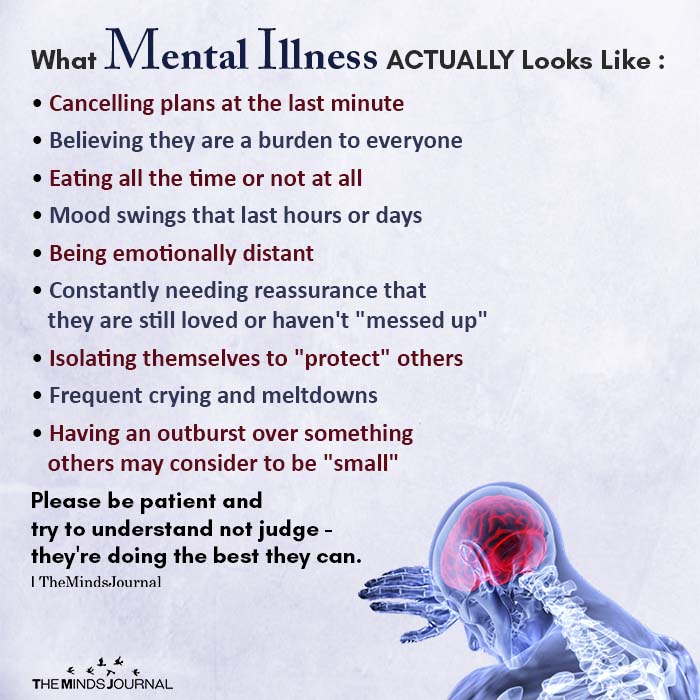
Panic attacks can severely affect your career, personal life, and even your social life if left untreated. Not only can it affect the quality of your life, but it can also result in various other mental disorders and unnecessary fears that can make you isolate yourself from the rest of the world.
Thankfully, we have a solution for your panic attacks. There are different relaxation techniques that can help you reduce stress and anxiety and help you avoid self-sabotaging behaviors.
One of the most effective & natural relaxation techniques is Mindfulness Meditation for panic disorder. With proper practice, mindfulness meditation can help you reduce anxiety and stress, achieve a relaxed mind by slowing down your thoughts, and gain better control over your panic attacks.
However, before we understand how mindfulness meditation for panic disorder can help you, we need to gain a clearer understanding of what panic disorder is.
Related: Tips And Techniques To Stop An Anxiety Attack
What Is Panic Disorder?
If you suffer from panic disorders, you will experience sudden and unexpected panic attacks that can affect your thoughts and behaviors for several minutes. Panic attacks are basically an unrecognizable fear of a disaster when there is no clear and present danger.
People suffering from panic disorders can have devastating physical reactions due to panic attacks and become unable to conduct normal functions like talking, driving, or working.
It is an intense feeling of fear that can make you feel immobilized. If you suffer from panic disorders, you can feel a sudden rush of unwanted emotions without any definite trigger or warning. It can even feel like you may be having a heart attack. Recurrent attacks can be triggered by certain circumstances like public speaking or submitting a report. It can be any situation where an individual may feel trapped and endangered. These attacks are mostly a fight-or-flight response of our body to certain situations.
Mindfulness Meditation For Panic Disorder
Panic disorder and attacks can be treated effectively with certain relaxation strategies like mindfulness meditation. It can not only help you reduce stress and control your responses to a panic-inducing scenario, but it can also help you live a better and more fulfilling life confidently.
Yes, meditation may sound boring to some, while others see it as a spiritual practice. Although Buddhism is an exceptional way of life, you don’t need to be a Buddhist monk to experience the benefits of mindfulness meditation for panic disorder.
Being mindful means being present in current moment.
And mindfulness meditation, in the simplest terms, means focusing on the present moment and being aware of your thoughts and surroundings by observing your breath.
What Is Mindfulness Meditation?
“By living deeply in the present moment we can understand the past better and we can prepare for a better future.” -Thich Nhat Hanh
Mindfulness meditation is a relaxation practice that empowers you to bring your attention and awareness to the present moment. It allows you to observe and analyze your thoughts, emotions, and your surroundings without getting involved or passing any judgment. It is perhaps the easiest and most effective practice for treating panic disorders.
All you need to do is find a quiet and comfortable place in your home where nothing will distract you, sit down comfortably with your back straight, and simply focus on your breath. Of course, it is easier said than done.
Anyone who has tried to meditate previously will tell you that the moment you close your eyes and start observing your breath, suddenly hundreds of thoughts will cross your mind and you will experience a rush of mixed emotions. This is when you need to become aware that your awareness has started to wander away. Simply refocus your attention on your breath once again.
While practicing mindfulness meditation for panic disorder, you need to observe your thoughts and emotions from a neutral point of view without getting engaged or judging or preventing them from occurring. It is natural to experience various negative and even positive thoughts and feelings during the practice. However, you need to acknowledge all these emotions and thoughts and just allow them to pass through your mind space.
Related: How Mindfulness Can Improve Your Overall Mental Health
How Mindfulness Meditation Can Help Your Panic Attacks
“The opportunity to experience yourself differently is always available.” – Yongey Mingyur Rinpoche
When practicing mindfulness meditation for panic disorder, imagine that your thoughts are like the constantly running water in a stream. If you try to stop the water in the fast-flowing stream, you will simply drown.
On the other hand, if you jump into the water you will flow downstream along with the river.
What mindfulness meditation teaches us is to simply sit on the riverbank with a relaxed & calm mind and observe the water flowing away. Just like the water in the stream, your thoughts and feelings will come and flow along the stream inside your mind. All you need to do is simply watch your thoughts come and go without judging, reacting, or getting involved in them.
This will empower you to cultivate a more positive mindset and detach yourself from negative thoughts and emotions. When you can observe your negative feelings and remain detached from them by allowing them to pass without any attachment, you will be better able to cope with your anxiety, stress, fear, and panic. With enough practice, mindfulness meditation will help you experience inner peace and happiness.

Practicing Mindfulness Meditation
Mindfulness meditation for panic disorders is a very simple and effective practice for anyone suffering from frequent panic attacks. You can choose to practice early in the morning to develop a positive attitude and reduce anxiety for the day ahead. You may also choose to practice later at night by letting go of all the worries of the day and get some well-deserved sleep.
It is best to practice mindfulness meditation for at least 10 minutes every day and eventually increase the time of your practice as you get more comfortable.
Here’s how you can start practicing mindfulness meditation for panic disorders from today.
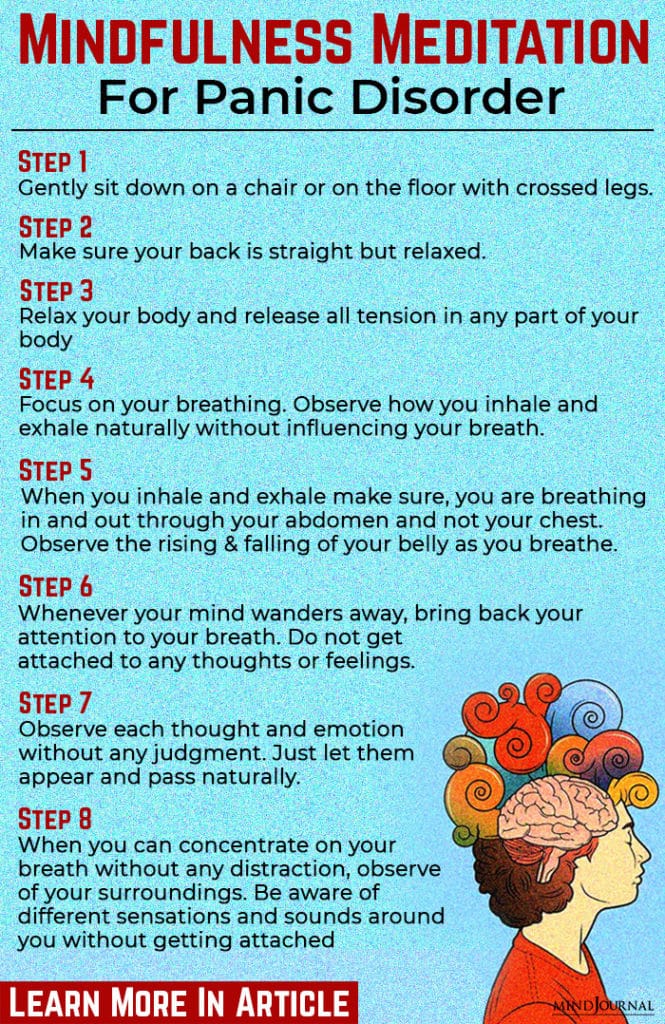
- Step 1: Gently sit down on a chair or on the floor with crossed legs.
- Step 2: Make sure your back is straight but relaxed.
- Step 3: Relax your body and release all tension in any part of your body.
- Step 4: Focus on your breathing. Observe how you inhale and exhale naturally without influencing your breath.
- Step 5: When you inhale and exhale make sure, you are breathing in and out through your abdomen and not your chest. Observe the rising & falling of your belly as you breathe.
- Step 6: Whenever your mind wanders away, bring back your attention to your breath. Do not get attached to any thoughts or feelings.
- Step 7: Observe each thought and emotion without any judgment. Just let them appear and pass naturally.
- Step 8: When you can concentrate on your breath without any distraction, observe your surroundings. Be aware of different sensations and sounds around you without getting attached.
It is unimportant how many times your mind wanders off. What is important is that you are aware of it and bring back your focus to your breath.
The entire objective of mindfulness meditation for panic disorder is to strengthen your awareness.
Related: How To Practice Mindful Self Compassion: 6 Life-Changing Steps
When you feel you are done with your meditation, slowly open your eyes, relax and enjoy the peace you feel inside. As it can be difficult to focus and do your practice properly during the initial days, it is essential that you remain patient and motivated to continue your practice. Once you gain mastery over the practice of mindfulness meditation, you will be better able to cope with uncomfortable and negative thoughts and feelings which will help you lower your stress and anxiety and become more confident in life.
We all feel a bit stressed and anxious at times with some tightness in our chests, heart palpitations, sweaty palms, and even butterflies in the stomach. All these feelings come up naturally when the adrenaline starts pumping. However, panic attacks are a completely different experience.
With proper practice of mindfulness meditation, you will surely gain better control over how you experience life and explore a whole new world of spirituality with endless possibilities.
Frequently Asked Questions (Faqs)
What is the difference between an anxiety attack and a panic attack?
An anxiety attack occurs in response to a trigger but a panic attack can occur without a trigger. Panic attacks are sudden, intense, and disruptive, but subside after a few minutes. Whereas anxiety attacks can be mild or severe, the intensity may increase over time and can last for days.
What causes anxiety and panic attacks?
Anxiety and panic attacks can be caused by memories of past trauma, chronic illnesses, medication or supplements, substance use (alcohol, drugs, or caffeine), and work or social stressors.
What is the best treatment for anxiety and panic attacks?
Medication along with therapy like Cognitive Behavioral Therapy can help people with recurrent anxiety and panic attacks. It is suggested to consult a mental health professional to know what is the best treatment for you.
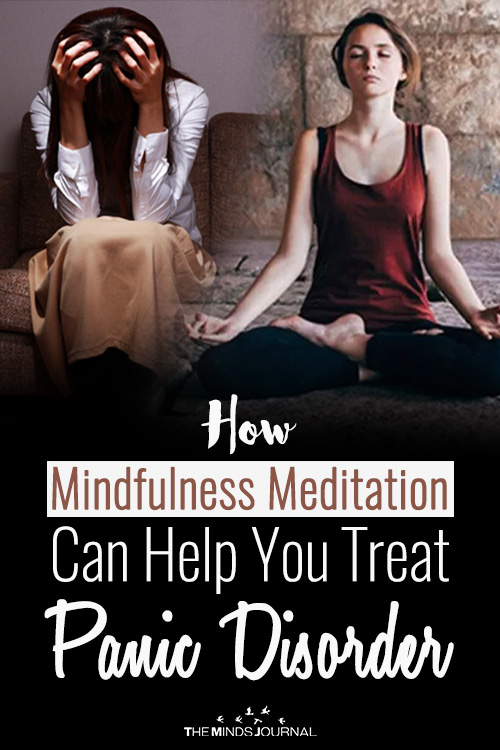

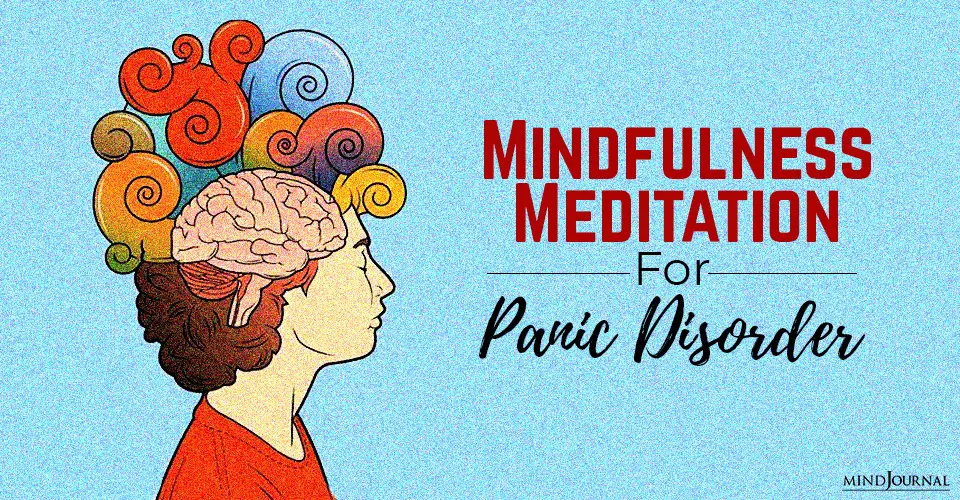
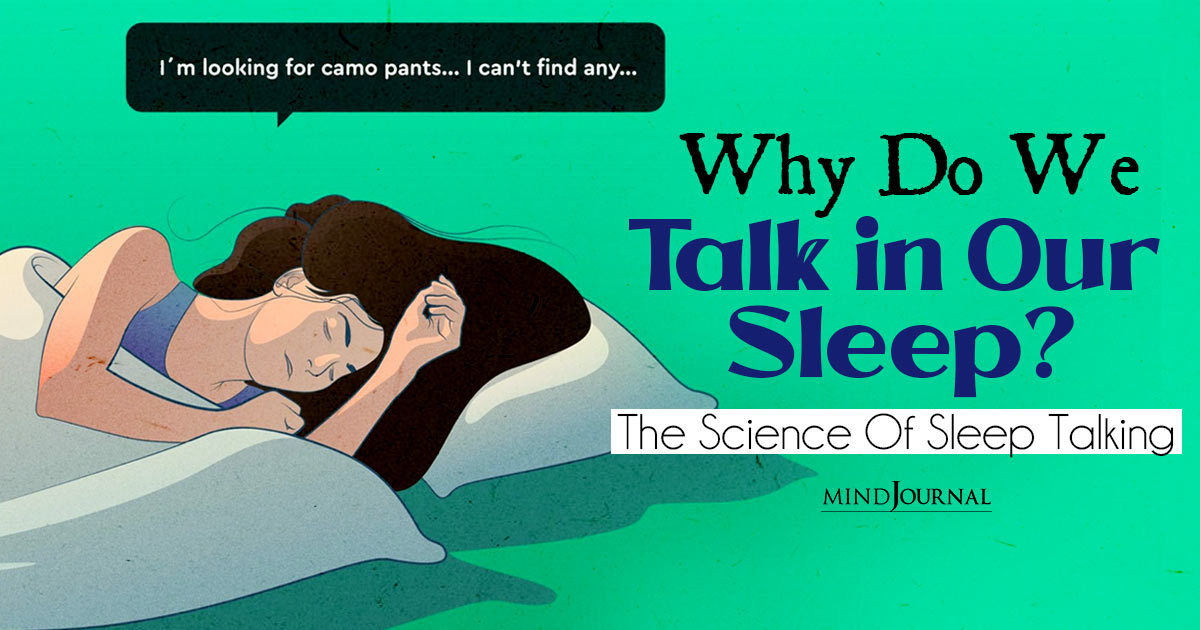

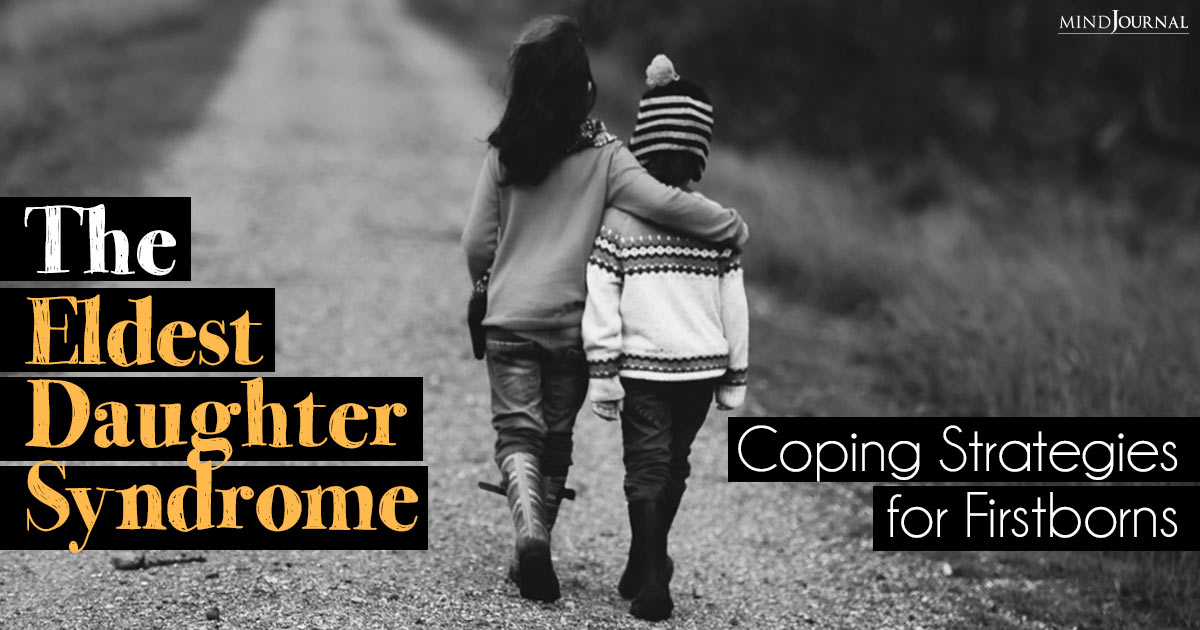

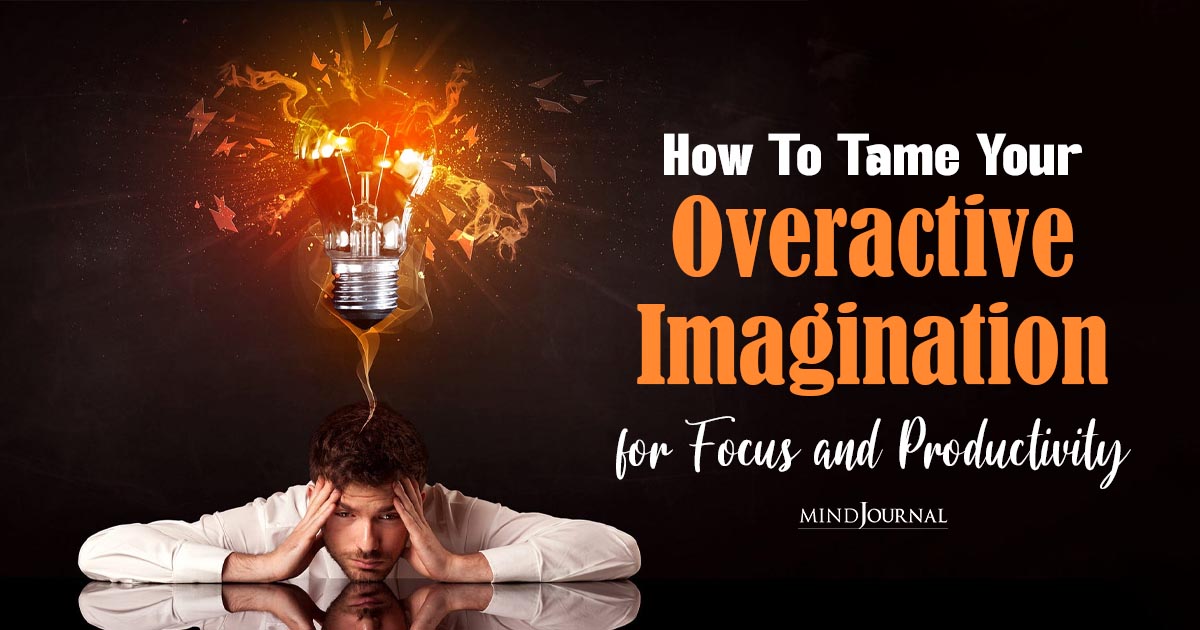
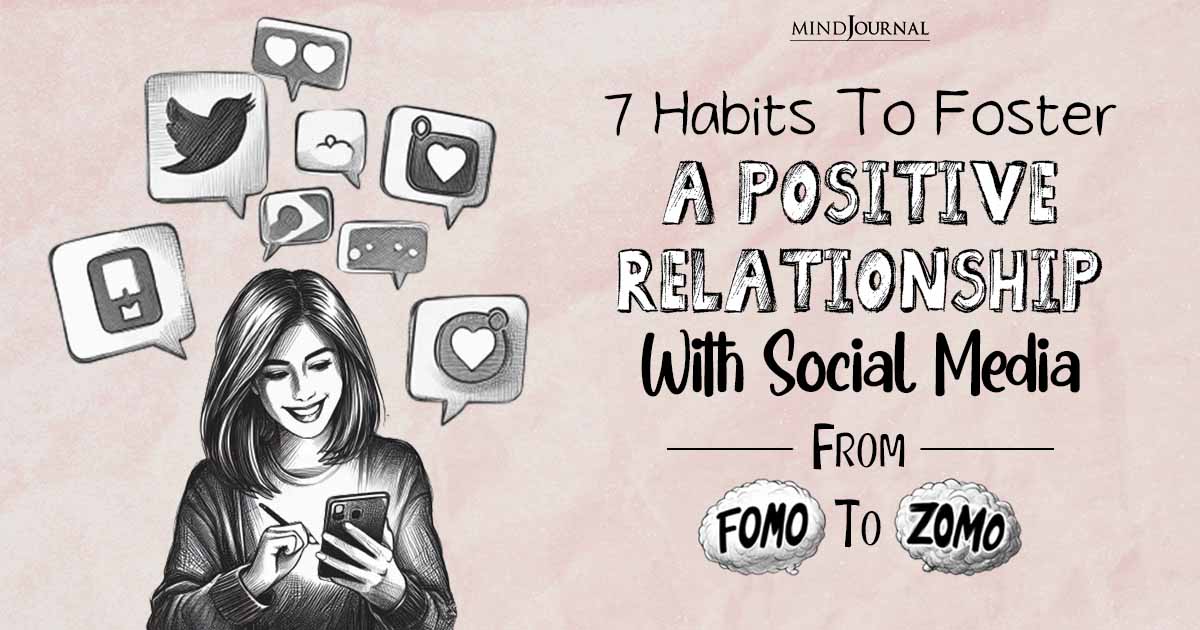

Leave a Reply
You must be logged in to post a comment.